Congress failed to pass a 2014 spending measure by midnight on Sept. 30, so a partial federal shutdown began at midnight on Oct. 1 and it will last until a spending bill is enacted.
The government shutdown won’t have much impact on therapists and their daily care of patients. Medicare Administrative Contractors will continue to perform all functions related to Medicare fee-for-service claims processing and payment. However, a prolonged shutdown could have an impact on this.
LeadingAge has a great rundown on how the shutdown will effect senior healthcare services. Here are the points that relate directly to senior health services:
Medicaid
States will have funding for Medicaid and for the Children’s Health Insurance Program (CHIP) on October 1, due to an advance appropriation.
Senior Housing
The U.S. Department of Housing and Urban Development is identifying staff needed to ensure that Section 202 and 811 projects headed into final closing and preservation/refinance deals lined up for the coming month will be able to move forward as planned and will not be delayed for the entire month of October.
Subsidy payment personnel and Tenant Rental Assistance Certification System (TRACS) helpdesk staff are also being identified in the same way, so subsidy payments and contract renewals should not be held up in the event of a shutdown.
Senior Home and Community-Based Services Programs
The Administration on Community Living will not be able to fund senior nutrition services under Title III, Native American nutrition and supportive services, prevention of elder abuse, or long-term care ombudsmen during the lapse in appropriations. Quarterly formula grants for Social Services Block Grants and Community Service Block Grants will be held up until a spending bill is passed.
Affordable Care Act
October 1 is the date for individuals currently uninsured to begin signing up and that process will move forward regardless of the government shutdown. CMS will continue many Affordable Care Act administrative activities.
Health Care Provider Oversight
The Centers for Medicare and Medicaid Services (CMS) will be able to do fewer recertification and initial surveys for Medicare and Medicaid providers. Health care fraud and abuse strike forces will not be able to operate during a shutdown.
Centers for Disease Control and Prevention
The Centers for Disease Control (CDC) will be unable to support the annual seasonal influenza program, disease outbreak detection and linking across state boundaries using genetic and molecular analysis, continuous updating of disease treatment and prevention recommendations for diseases such as HIV, tuberculosis and hepatitis, or technical assistance, analysis and support to state and local partners for infectious disease surveillance.






